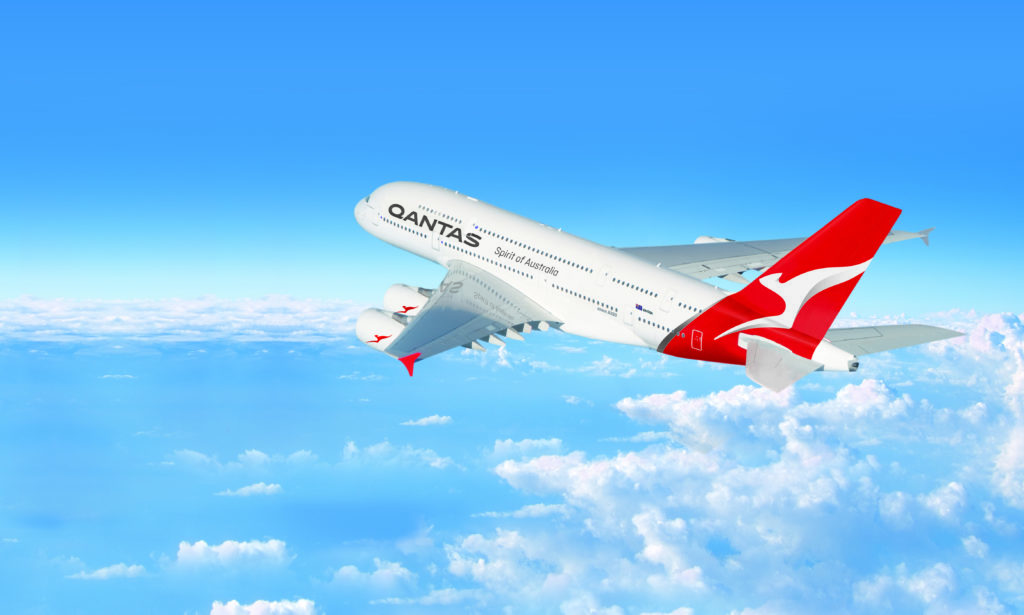
Qantas is making significant changes to flights on one of its main routes in a first for Australian airlines.
Qantas flights will undergo a significant transformation, with the national carrier switching to sustainable aviation fuel on one of its main routes.
Qantas will acquire blended sustainable aviation fuel (SAF) for its flights from London beginning next month, helping to reduce carbon emissions by roughly 10%.
It will be the airline’s first purchase of the (SAF) fuel regularly for a scheduled flight.
Following the signing of an agreement with BP, it will purchase 10 million litres of SAF in 2022, with the option to purchase up to a further 10 million litres from Heathrow Airport until 2024.
It will be made from approved bio feedstock and used cooking oil or waste goods, combined with standard jet fuel.
According to Qantas, the use of (SAF) fuel has increased, particularly in Europe, the United Kingdom, and the United States, to decarbonize the aviation sector.
The company’s chief sustainability officer Andrew Parker said climate change was “incredibly important” to its customers, employees, and investors. Sustainable fuel was critical to the airline meeting its net zero emissions target by 2050.
“Zero emission technology, like electric aircraft or green hydrogen, is still a very long way off for aviation and even further away for long haul flights like London to Australia, “he said.
“SAF and high-quality carbon offsetting are therefore critical on the path to net-zero.
“Aviation biofuels typically deliver around an 80 per cent reduction of greenhouse gas emissions on a life cycle basis compared to the jet fuel it is replacing and is the most significant tool airlines have to reduce their impact on the environment.”
Martin Thomsen from Air BP said the company aspired to be the leading supplier of SAF.
“We are committed to working with customers to scale up its use,” he said.
“We believe it is one of the key routes to reducing carbon emissions in the aviation industry.”




















